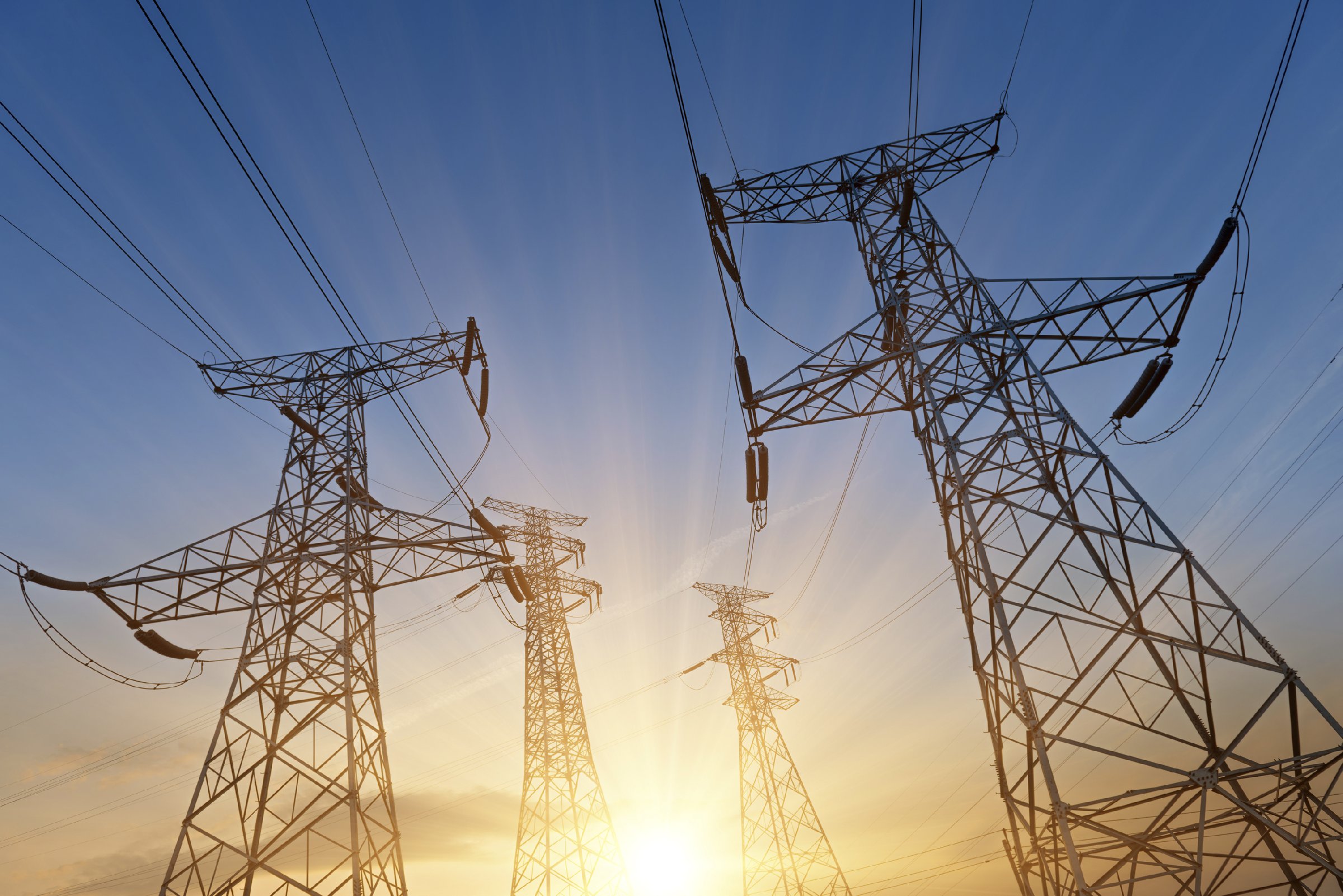How do you use AI to deliver a future-ready energy network?
Utility Week's article looks at how our AI-assisted, adaptive planning can help utilities navigate increasing complexity — from decarbonisation and network constraints to regional delivery and long-term resilience.


